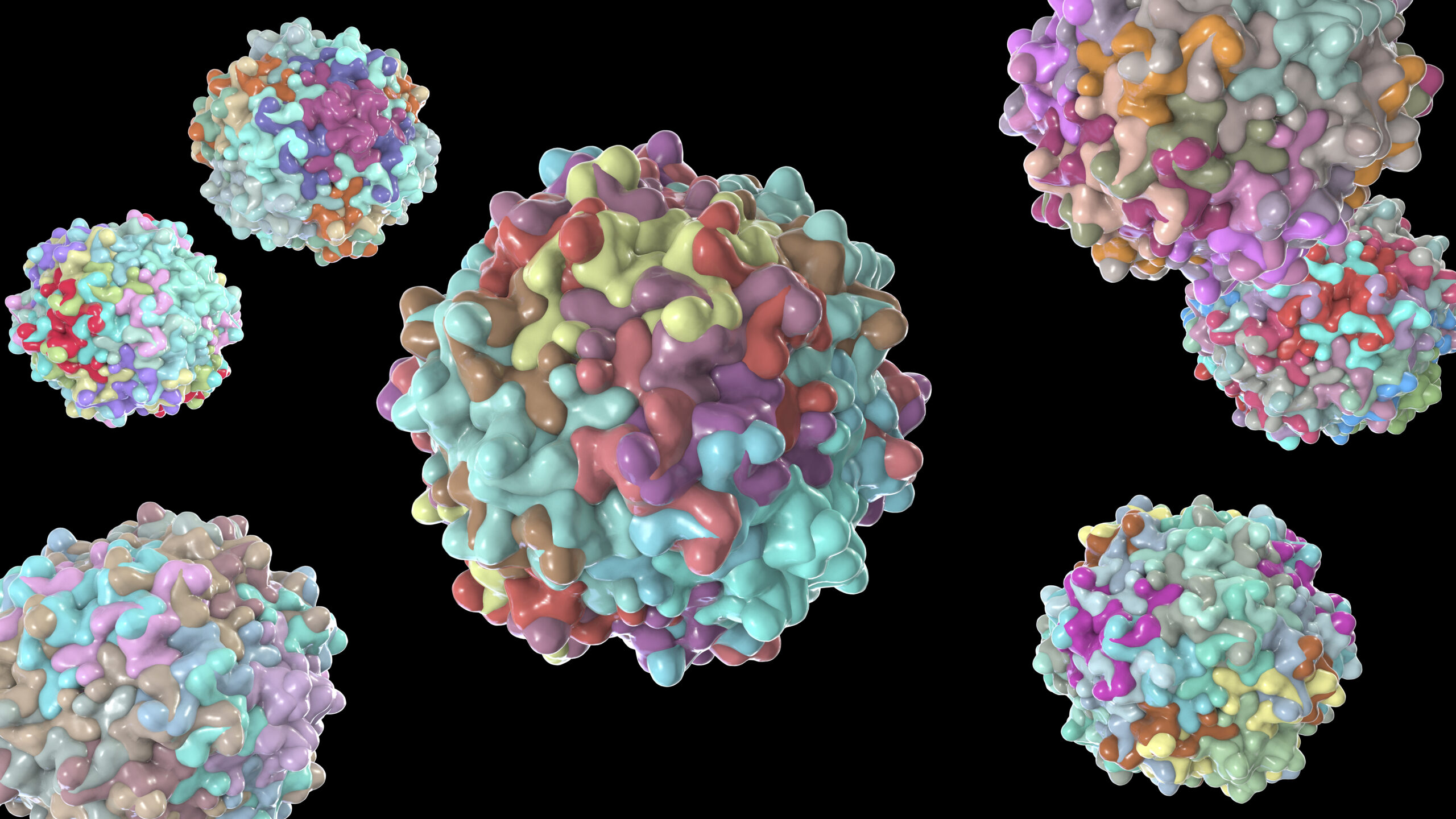- Time:
We are all keenly aware that viruses can negatively impact our lives, but what about viruses that shape our existence and even improve some of its outcomes? In the past several decades, advances in cell and gene therapies have exploded due to innovations with adeno-associated virus (AAV). Yet, given its small genomic size, the life cycle of AAV is surprisingly complex. Understanding this life cycle will be pivotal to developing new and improved methods of AAV vector manufacture that can meet the industry’s increasing needs. Interestingly, in nature, AAV co-exists with adenovirus, with the latter providing help during the AAV life cycle. Thus, taking cues from nature, investigators have developed a novel tetracycline enhanced self-silencing adenoviral (TESSA) helper system that allows for contaminant-free AAV manufacture.
In this GEN webinar, our notable presenter Dr. Ryan Cawood will discuss how TESSA technology enhances both AAV production yields and particle quality by suppressing adenoviral late gene expression. Moreover, he will explain how using this technology in other systems such as the HeLa-RC32 cell line, which encodes the AAV Rep and Cap genes, has led to several important discoveries regarding AAV biology, including the identification of a previously unknown interaction between adenoviral late proteins and specific AAV sequences, and a more thorough understanding of the previously reported AAV cis-acting replication enhancer (CARE; a region of DNA surrounding the AAV p5 promoter). Dr. Cawood will discuss these findings and their implications for scalable AAV manufacturing strategies.
A live Q&A session followed the presentations, offering a chance to pose questions to our expert panelists.
Webinar produced with support from:

CSO, OXGENE & WuXi Advanced Therapies



